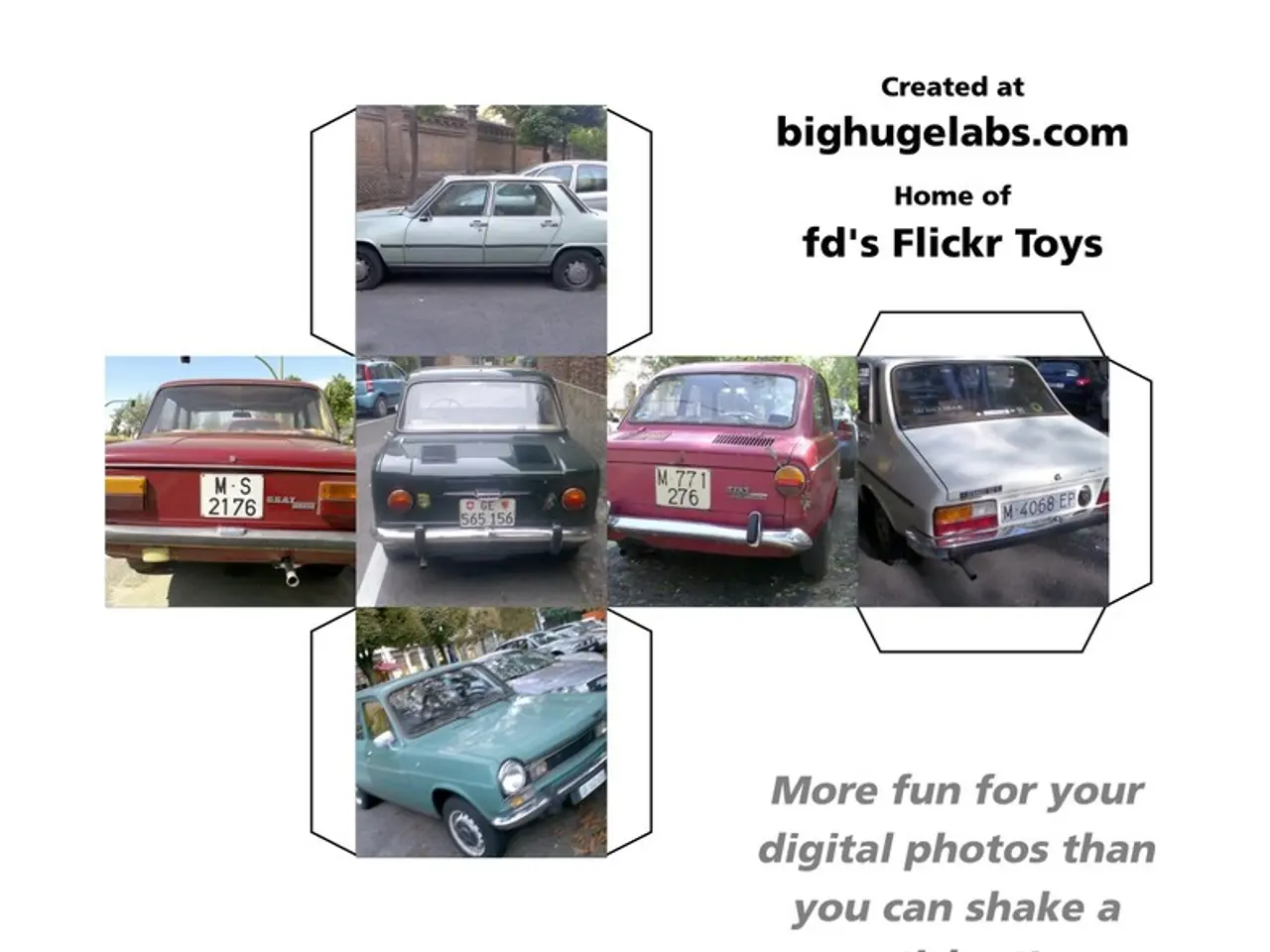Ride-sharing services, similar to Uber, are gaining significance in Portugal
In a survey conducted by the Center for Applied Studies at the Católica Lisbon School of Business & Economics, it was revealed that 81% of Portuguese people consider TVDE services an important tool for road safety. The survey, aimed at understanding Portuguese people's perceptions of transportation safety, was conducted with 606 people through telephone interviews.
The popularity of Uber-like services in Portugal, specifically Uber and Bolt, is widespread in larger cities. These services are considered a convenient, reliable, and affordable alternative to traditional taxis, with better pricing, greater availability of drivers, and mobile app ease of use being key factors. Bolt, in particular, has been noted for having more drivers and lower prices than Uber in Portugal.
The survey found that affordability is a significant factor influencing the use of Uber-like services for road safety. Ninety-one percent of users feel safe using TVDE after a night out, and 48% of respondents stated that they chose TVDE over other mobility options because it made them feel safer.
The convenience of digital apps also plays a crucial role. The ability to book and pay via mobile app with upfront pricing lessens disputes and enhances the perception of safety. This is reflected in the fact that 51% of respondents have used an app to ensure someone else got home safely.
However, the survey results do not provide explicit statistics on the direct impact of Uber-like services on road safety in Portugal. However, it is worth noting that traditional taxis start around €3.50 with €0.98/km, while Uber and Bolt tend to offer more competitive pricing. Additionally, ride-sharing usage likely reduces drunk driving incidents by providing an alternative to self-driving after alcohol consumption.
Despite the benefits, challenges such as driver cancellations, price surges especially during peak times or night hours, and occasional negative rider experiences are reported generally in the EU but are less documented for Portugal specifically.
The survey results also indicate that higher participation in using TVDE is among women (58%), adults under 45, and those with higher levels of education. Accessibility and not owning a car are also motivations for using TVDE for 31% and 25% of respondents, respectively.
The survey was conducted in partnership with the technology company Bolt, which offers mobility services. It specifically focused on individual and paid passenger transportation platforms in unmarked vehicles using an electronic platform (TVDE). Interestingly, 18% of respondents chose transportation apps to avoid public transportation where they feel unsafe, and 33% of respondents always use an app to ensure someone else's safe transportation.
In summary, while specific road safety statistics related to Uber-like services in Portugal are not detailed in the search results, these platforms are considered a safer, more convenient transport option in urban areas relative to traditional taxis. Their affordability, digital transparency, and official recognition contribute to influencing users toward them, enhancing overall road safety by providing alternatives to risky driving behavior.
Technology companies, such as Bolt, are leveraging the convenience of digital apps to offer safer and more affordable mobility solutions in Portugal. These services, including Uber and Bolt, are increasingly popular in larger cities as an alternative to traditional taxis, with 91% of users feeling safe using them, even after a night out. Furthermore, these services contribute to general-news discussions about road safety, sports, and lifestyle, as they can potentially reduce drunk driving incidents and increase the safety of individual transportation.




